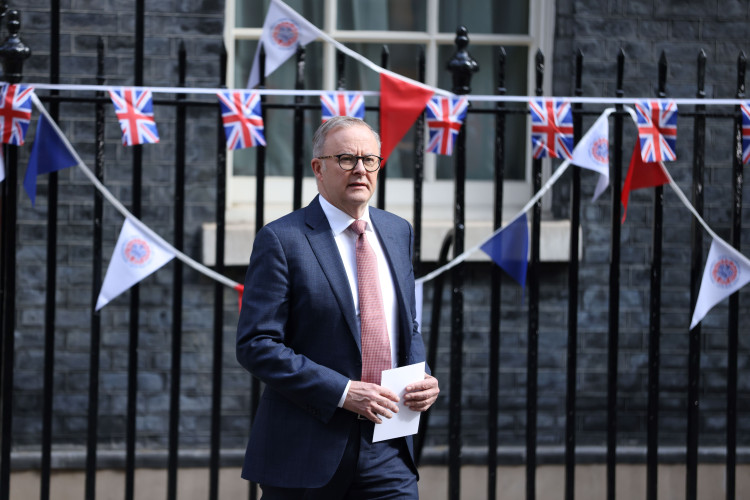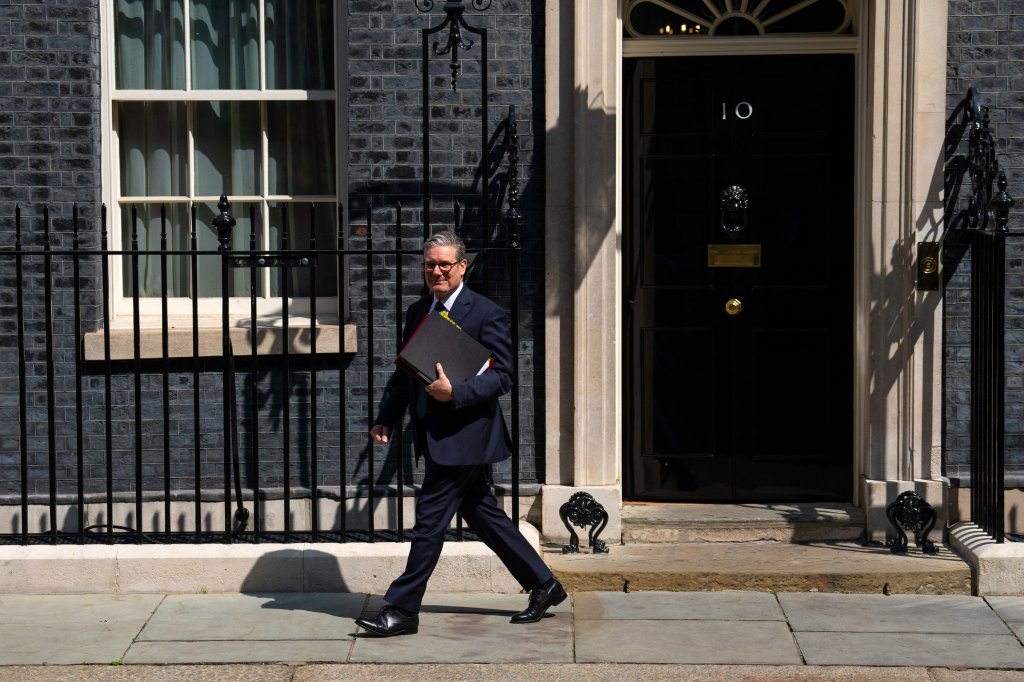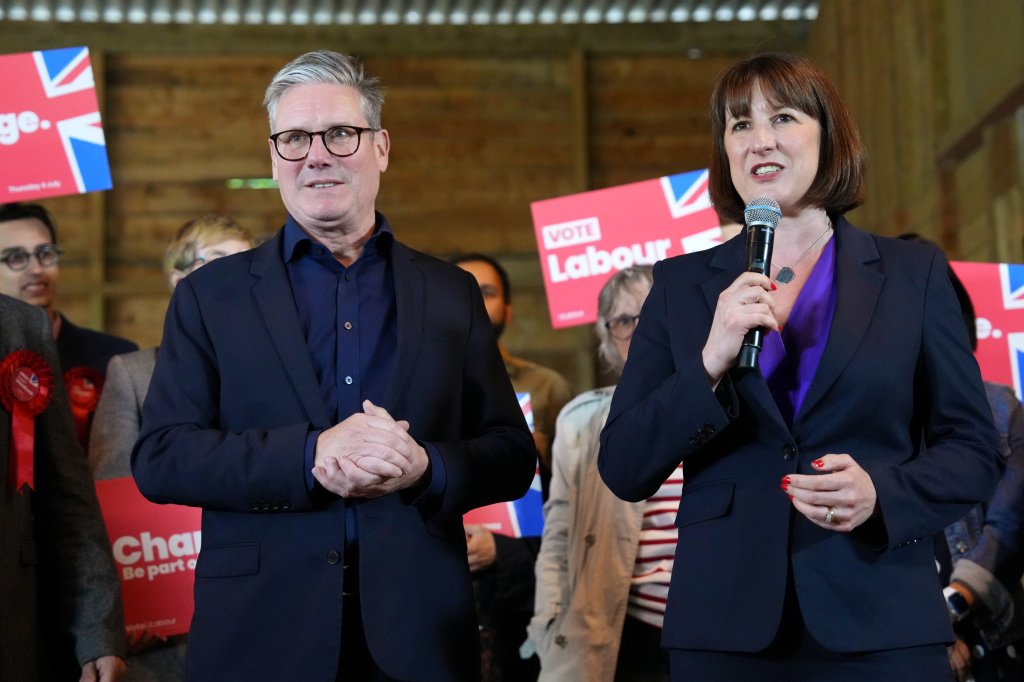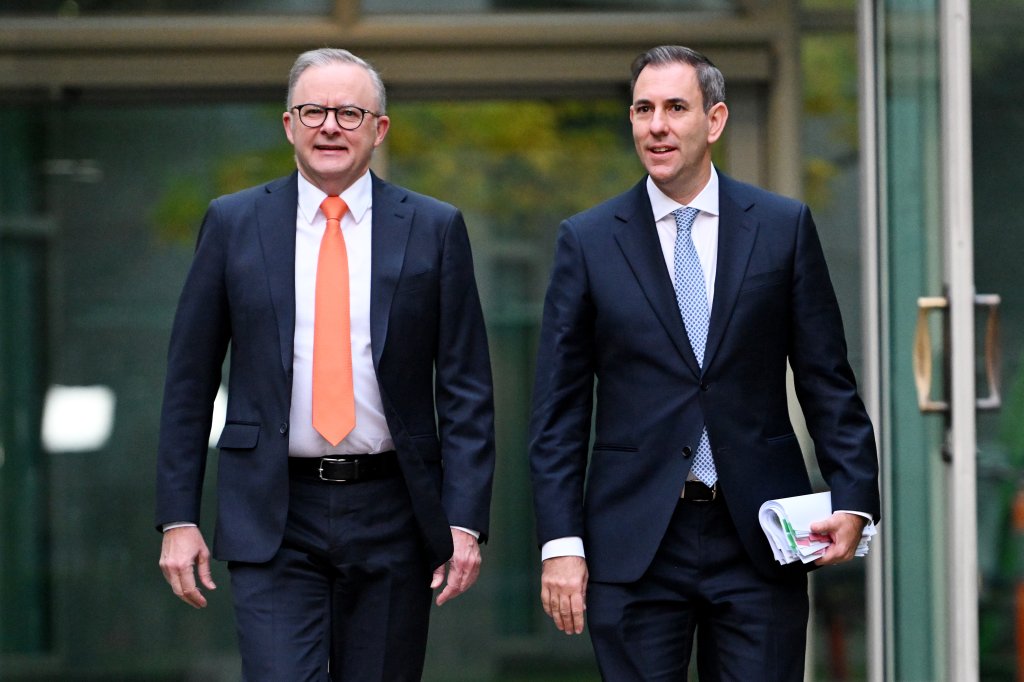Keir Starmer borrowed heavily from the Australian Labor Party’s (ALP) warbook on his way to victory in July. Hanover’s Alex McLaren, a former senior adviser to ALP ministers, looks at what lessons the ALP’s time in office has for the new British PM.
In recent years Australian exports to the UK have largely been the bastion of Saturday night talk shows, reality TV and wine we Aussies euphemistically label ‘for the export market’. We’ve also been bolstering a line in political strategists and playbooks that have helped both sides of the British political divide.
For the Conservatives, the mantle of the ‘Wizard of Oz’ has been passed from Sir Lynton Crosby to Isaac Levido, continuing a near twenty-year lineage of Aussie Tory campaign directors.
On the Labour side, the relationships also run deep. Keir Starmer and Australian PM Anthony Albanese are reported to be in regular contact. Morgan McSweeney, the new PM’s most powerful aide, studied Albanese’s election victory closely as he planned what became UK Labour’s own election triumph. Bridget Phillipson and Wes Streeting are among the cabinet ministers who travelled to Australia to meet with government ministers and officials before the election.
At both state and federal levels of Australian government, there are more than passing similarities between UK Labour manifesto commitments and Australian government policy. The foundations of Great British Energy can be found in the ALP’s State Electricity Commission in Victoria and CleanCo in Queensland. Similarly, Phillipson has been very open about the influence of Australian policy thinking on Labour’s manifesto chapters on education.
The Pitfalls of Power
But Albanese would be quick to point out to Starmer that once elected, it isn’t all smooth sailing.
Economic headwinds have proven to be a stubborn presence. If campaign themes linger, it’s embodied in “cozzie livs” being named Australia’s 2023 “word of the year” by the Macquarie Dictionary. In their most recent budget, Albanese and his Treasurer Jim Chalmers opted for £1.75bn of direct household support through a £150 credit applied to household power bills. The populist move split opinion among economists as to whether it would fuel an inflationary fire. It seems unlikely Starmer and Rachel Reeves could bring back something like the Energy Bill Support Scheme without a serious breach of their spending commitments.
Governments at all levels in Australia have remained bullish on achieving their 2030 emissions targets but the jury remains out on how aligned rhetoric and reality are. While newly established state-owned generators have promised to bring down power bills, it will be several years before those impacts are visible. Fortescue, the poster child of the ALP’s hydrogen policy, last week announced it was abandoning its pledge to produce 15m tonnes of green hydrogen a year by 2030, cutting 4.5% of its workforce. That may be an ominous precedent for Ed Miliband’s Green Prosperity Plan, which bets heavily on the growth of the UK’s own green hydrogen sector.
One of the reoccurring themes of Albanese’s campaign was to bring a divided country back together. A referendum to recognise indigenous Australians in the country’s constitution failed with less than 40% of Australians’ voting in favour. A polarising campaign splintered voters and monopolised much of the airtime early in Albanese’s prime ministership. A single issue’s ability to dominate the media cycle and squeeze the government’s bandwidth may make Starmer cautious on a range of hot-button issues, including closer ties with the EU.
Turning the Tables
The ALP’s experience in government is not all doom and gloom for Starmer though. On fiscal policy, the Albanese administration’s ability to wiggle out of a spending straightjacket forced on it by its conservative predecessor will be studied closely. When the former Treasurer and future PM Scott Morrison announced an overhaul to the income tax system in 2018, he set up a political wedge of which Crosby would have been proud. The ALP had little space to move, adopting the conservative policy until six months before the final changes were due to come into effect in July 2024. In announcing a revised policy that would see tax cuts for every Australian taxpayer, Albanese and his Treasurer Jim Chalmers have now turned a political weakness into a clear dividing line with the opposition. To employ a favoured phrase of Crosby’s, rather than explain why they were scraping the barnacles off the boat, they opted to explain why they shouldn’t have been there in the first place.
If there is one criticism that can be levelled at the Albanese Government, it’s that it has employed a two-term strategy that doesn’t start until their second term. In this day and age, simply being a good government is well intentioned but rarely translates at the ballot box. Starmer is attempting to shake that model up with his focus on five missions for national renewal. The aspiration is laudable, but the risk is he focuses too heavily on bedding in the missions themselves at the expense of their policy outcomes.
It remains unclear how business and external voices will be incorporated in the new mission structure. Starmer, Reeves and City Minister Tulip Sidiq have reset Labour’s relationship with business and now face the challenge of carrying that momentum into government. The Australian experience is instructive – business rarely responds well when it is being dictated to. Labour has rare opportunity to truly partner with business to tackle the array of challenges it faces.
Studying what the ALP did to win back power after more than a decade out of office was an extremely useful exercise for Keir Starmer’s Labour Party. Studying what it did – and what it didn’t do - while in power may well prove to be even more useful.









